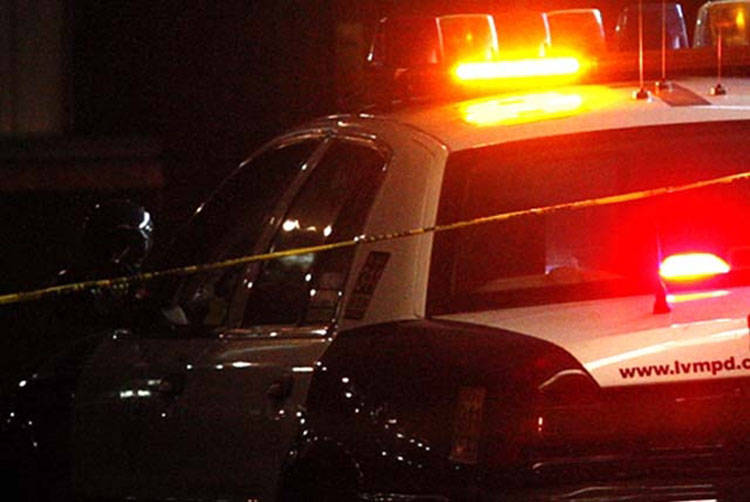CLARENCE PAGE: On matters of mental health, do we ask police to do too much?
Shocking video of a Black Chicago man naked, handcuffed and losing consciousness at the hands of white police officers in Rochester, New York, triggers justifiable outrage and questions, including one that can be painfully difficult to address: Are we asking our police officers to do too much?
We are certain to hear the question come up in the case of seven Rochester police officers who were suspended last week in the suffocation death of Daniel Prude, 41, in March. The Chicagoan was visiting relatives when he had a psychotic episode and ran into the street naked in the cold night, according to reports.
Police body camera video shows Prude complying with police orders to lie prone, still naked and continuing to talk semi-coherently to the officers, who put a fabric “spit bag” over his head (used when a detainee is spitting continuously at officers). He vomits and loses consciousness. He died seven days later in a hospital after his family allowed him to be taken off life support.
It is easy to note similarities between this tragedy and the death of George Floyd. But the death of Prude, in my view, also highlights the need for a reckoning of another sort: Are we asking too much of our police officers?
Unlike the Floyd video’s graphic depiction of what appears to me to be a homicide in broad daylight, the Prude video might simply and tragically show some well-intentioned officers who were in over their heads on a cold night in Rochester.
As our society grapples with today’s super-heated calls to improve policing, you don’t have to be a “defund the police” radical to see the beefing up of social services as a very good way to support the police by helping them to focus more on law enforcement.
Four years ago, when Chicago’s new police Superintendent David Brown was still police chief in Dallas and a deranged gunman killed five police officers and wounded nine others, he made a passionate case for the need to relieve police of some of the burdens brought on by social failures outside law enforcement.
“We’re asking cops to do too much in this country,” Chief Brown said. “We are. Every societal failure, we put it off on the cops to solve. Not enough mental health funding. Let the cop handle it. Not enough drug addiction funding. Let’s give it to the cops. … Schools fail. Give it to the cops. Seventy percent of the African American community is being raised by single women. Let’s give it to the cops to solve that, as well. That’s too much to ask.”
Discussing a case such as Daniel Prude’s, Harold Pollack of the University of Chicago Crime Lab told me, we should ask: Do we know social workers, mental health professionals and others who can play a part in such episodes so police can focus on public safety?
Unfortunately, in many states an old funding problem endures: Chronically low reimbursement rates cause many health service providers to turn away Medicaid clients, even though low-income patients often have the greatest need.
And when people who need help fall through safety nets like that, Pollack said, “Police very often become the public face of failures that occurred in less visible systems.” I’m still an advocate for police accountability as they pursue their duty to serve and protect the public. But sometimes, as Brown has said in Chicago, they can use a little help.
Contact Clarence Page at cpage@chicagotribune.com.





























